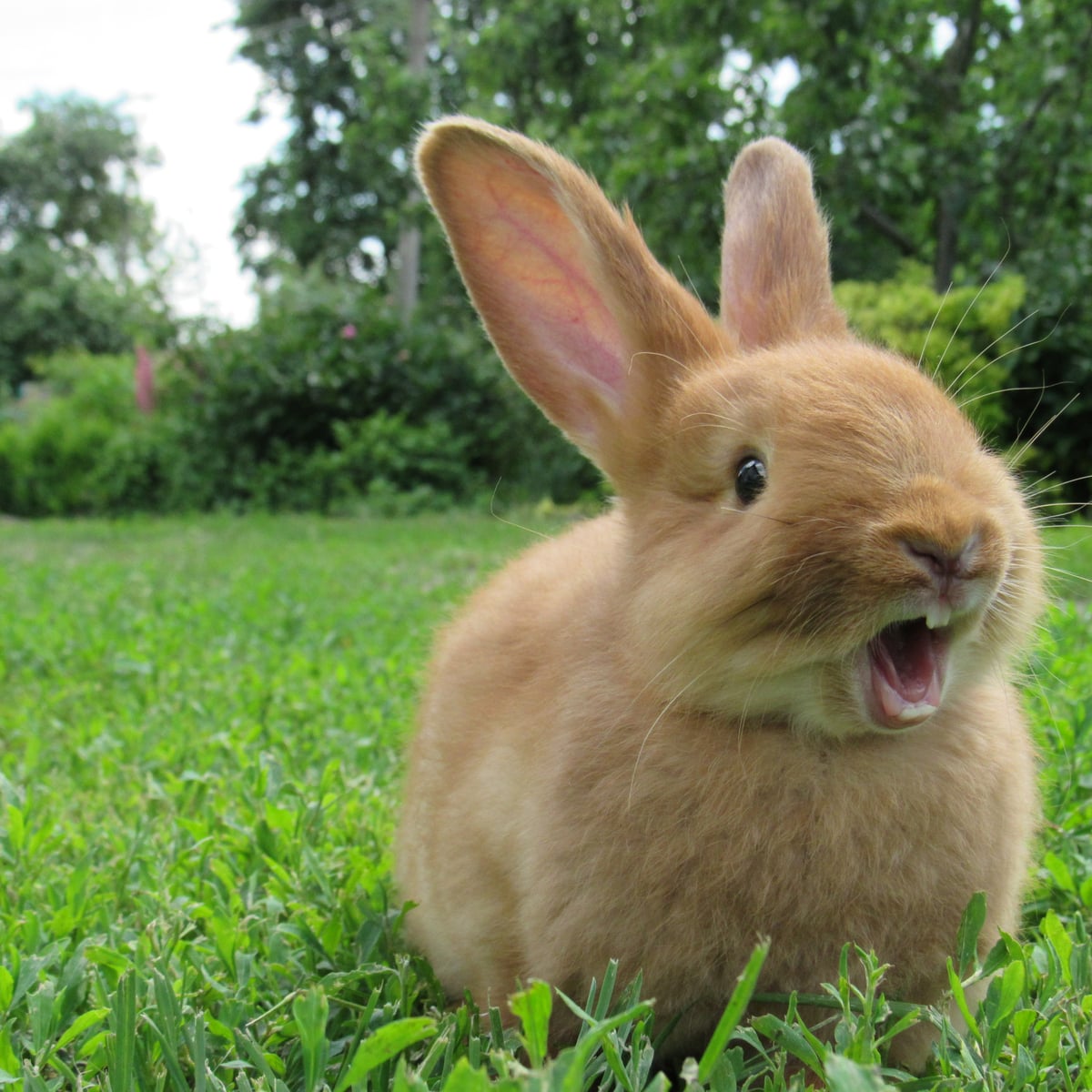These are dangerous times.
Fraught with diseases, illnesses and infections of the tallest order, we’re hard-pressed to leave our homes without feeling the slightest bit hesitant.
After all, you don’t know when you’re endangering yourself… and others.
But here’s the thing. Humans aren’t the only ones contending with such tumultuous notions.
Rabbits, it seems, are facing the same thing.
NParks Steps In to Stop Rabbit Disease

The rabbit haemorrhagic disease (RHD) has officially entered Singapore waters.
It was first noticed last year in September 2020, when rabbits were diagnosed with the disease.
A viral disease that cannot be transmitted to humans, victims tend to exhibit signs like lethargy, fever, anorexia, dullness, groans and possible breathing difficulties.

In the worst case scenario, it could result in death.
The disease was unearthed when Dr Charlene Judith Fernandez had a few pet rabbits taken into her practice.
After detailed testing, the critters were diagnosed with the RHD virus.
“We requested some liver samples and used a polymerase chain reaction (PCR) test for the RHD virus. We were floored when the PCR test detected the RHD virus.”
It has never been seen here before.
NParks subsequently sent its investigation team for more details.
Contact Tracing
The relevant experts subsequently began compiling data of cases, and even launched contact tracing measures.
“We were surprised to find out that there was such an active scene out there, such as rabbit parties,” said Dr Kelvin Ho, a senior vet at the Animal and Veterinary Service. “That was concerning from a disease point of view because we didn’t want them to congregate and start sharing feed.”
Due to the pandemic outbreak, however, the spread was limited. A blessing in disguise for rabbits, one could say.
Dr Ho said, “We found at least 11 cases during the investigation, but we didn’t find any more cases by the end of November.”
Apparently, there’s a vaccine too, though it was not present here.
Arrangements were, however, made to import the vaccine here from France.
The disease takes about one to five days to incubate in rabbits, and infected rabbits could die within 12 to 36 hours from when clinical signs develop.
What Should Pet Owners Do?
For those who may be proud owners of a pet rabbit, here are some advisories from the AVS to pet owners:
- Contact between their pet rabbits and other visitors and rabbits should be kept as minimal as possible, especially when their health status is unknown
- Good hygiene practices should be upheld, including washing hands with soap after coming into contact with their pets and other animals
- As the virus can spread through contact with contaminated surfaces and insects like flies, the rabbits’ housing and environment should be kept clean
- If their rabbits seem unwell, they should be brought to a veterinary clinic for treatment
Basically, rabbits should be social distancing from other rabbits and humans as well and owners should be keeping good hygiene practices just as one would take precautions to stay safe during COVID-19.
I wonder if rabbits will have to wear masks soon, too.




